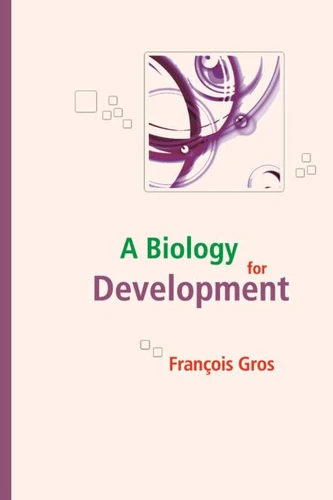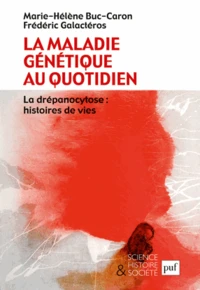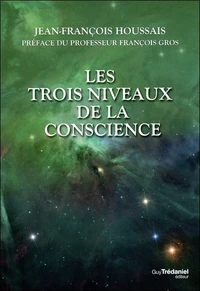A Biology for Development
Par :Formats :
Disponible dans votre compte client Decitre ou Furet du Nord dès validation de votre commande. Le format PDF est :
- Compatible avec une lecture sur My Vivlio (smartphone, tablette, ordinateur)
- Compatible avec une lecture sur liseuses Vivlio
- Pour les liseuses autres que Vivlio, vous devez utiliser le logiciel Adobe Digital Edition. Non compatible avec la lecture sur les liseuses Kindle, Remarkable et Sony
 , qui est-ce ?
, qui est-ce ?Notre partenaire de plateforme de lecture numérique où vous retrouverez l'ensemble de vos ebooks gratuitement
Pour en savoir plus sur nos ebooks, consultez notre aide en ligne ici
- Nombre de pages254
- FormatPDF
- ISBN978-2-7598-0329-3
- EAN9782759803293
- Date de parution01/03/2009
- Protection num.Digital Watermarking
- Taille1 Mo
- Infos supplémentairespdf
- ÉditeurEDP Sciences
- PréfacierJean-Michel Roy
Résumé
Where will humanity stand at the dawn of the 22nd century? The answer depends on our determination to control the powerful transformations that accompany the beginning of the 21st: unprecedented demographic growth, ageing of populations, irrepressible migratory flows, dramatic reduction of some natural resources, disruption of millennial climatic cycles, rapid spread of new pathologies...
A number of these transformations are part of the generally complex, often inevitable evolution of our planet, not only geo-ecologically, but also in economics, politics, society...
However, many of them present a challenge to development, that unique ability of human societies to improve their condition. To cope with these evolutions and threats, the resources offered by science have never seemed so crucial, even if science alone cannot provide the answer. Nothing less than a scientific revolution is needed, a revolution that will give us more durable control of our destiny, leading to a world of greater solidarity and respect of our environment. All, or almost all, scientific disciplines are concerned.
But the life sciences are more than any other, already engaged as they are today in a process of profound change in their concepts, exploratory techniques and applications.
However, many of them present a challenge to development, that unique ability of human societies to improve their condition. To cope with these evolutions and threats, the resources offered by science have never seemed so crucial, even if science alone cannot provide the answer. Nothing less than a scientific revolution is needed, a revolution that will give us more durable control of our destiny, leading to a world of greater solidarity and respect of our environment. All, or almost all, scientific disciplines are concerned.
But the life sciences are more than any other, already engaged as they are today in a process of profound change in their concepts, exploratory techniques and applications.
Where will humanity stand at the dawn of the 22nd century? The answer depends on our determination to control the powerful transformations that accompany the beginning of the 21st: unprecedented demographic growth, ageing of populations, irrepressible migratory flows, dramatic reduction of some natural resources, disruption of millennial climatic cycles, rapid spread of new pathologies...
A number of these transformations are part of the generally complex, often inevitable evolution of our planet, not only geo-ecologically, but also in economics, politics, society...
However, many of them present a challenge to development, that unique ability of human societies to improve their condition. To cope with these evolutions and threats, the resources offered by science have never seemed so crucial, even if science alone cannot provide the answer. Nothing less than a scientific revolution is needed, a revolution that will give us more durable control of our destiny, leading to a world of greater solidarity and respect of our environment. All, or almost all, scientific disciplines are concerned.
But the life sciences are more than any other, already engaged as they are today in a process of profound change in their concepts, exploratory techniques and applications.
However, many of them present a challenge to development, that unique ability of human societies to improve their condition. To cope with these evolutions and threats, the resources offered by science have never seemed so crucial, even if science alone cannot provide the answer. Nothing less than a scientific revolution is needed, a revolution that will give us more durable control of our destiny, leading to a world of greater solidarity and respect of our environment. All, or almost all, scientific disciplines are concerned.
But the life sciences are more than any other, already engaged as they are today in a process of profound change in their concepts, exploratory techniques and applications.






















